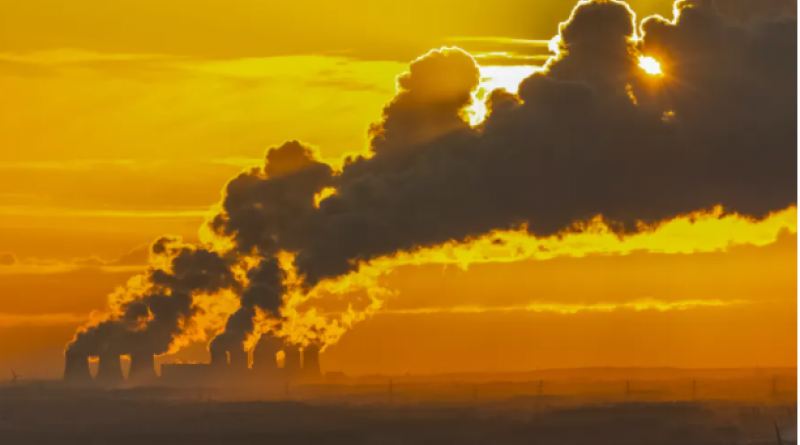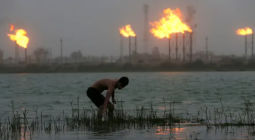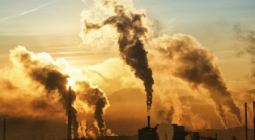How world leaders hope to reach net zero emissions by 2050 – and why some experts are worried. Climate Fight podcast part 2

In part two of Climate Fight: the world’s biggest negotiation, a series from The Anthill podcast on the UN climate summit in Glasgow, we’re talking to experts about the grand goal of the negotiations: reaching net zero emissions.
More than 130 countries have set or are considering a target of net zero emissions by mid-century. At COP26 – the annual meeting of the UN Framework Convention on Climate Change (UNFCCC), which the UK is hosting this year – world leaders will be urged to submit emission reduction targets for 2030 that will put them on track to reach net zero by 2050.
And what does net zero mean, exactly? “All it really means is that our dangerous interference with the Earth’s climate will stop when we stop emitting greenhouse gases into the atmosphere,” says James Dyke, a senior lecturer in global systems at the University of Exeter. With time and the world’s remaining carbon budget running perilously short, net zero emissions entails not only “the amount of carbon that we will emit”, Dyke explains, but also “the amount of carbon that we will remove.”
Carbon capture and storage is one technology that climate scientists hope could help in that effort. Our producer, Tiffany Cassidy, visited the Boundary Dam coal-fired power plant in Saskatchewan, Canada, to see it in action. This is the first power station in the world to successfully use this technology, and we learn that it now captures two thirds of its carbon emissions.
“It’s not going to be just one technology that is going to help us to reach net zero,” says Mercedes Maroto-Valer, director of the Research Centre for Carbon Solutions at Heriot-Watt University. “It’s going to be a portfolio of different technologies that are going to be ready at different times.”
There are options for removing carbon from the atmosphere, such as planting trees or direct air-capture machines; and preventing it getting there in the first place, such as carbon capture and storage; and replacing fossil fuels with zero-carbon alternatives, such as green hydrogen – but none of them are ready to be deployed at anything like the scale necessary to offset the more than 40 billion tonnes of CO₂ which countries emit each year.
As the awesome challenge of decarbonising the world bears down on us, Myles Allen, professor of geosystem science at the University of Oxford, tells us that there is no longer room for half-measures:
We didn’t save the ozone layer by putting a tax on deodorant. We went to the manufacturers of CFCs and just said, no, you can’t produce these things that are going to destroy the ozone layer. We’ve got to do the same thing for fossil fuel producers.
Join us, and a host of academic experts, as we stake out the path to net zero.
The Climate Fight podcast series is produced by Tiffany Cassidy. Sound design by Eloise Stevens and the theme tune is by Neeta Sarl. The series editor is Gemma Ware.
A transcript of this episode is available here.
You can find us on Twitter @TC_Audio, on Instagram at theconversationdotcom or via email on podcast@theconversation.com. You can also sign up to The Conversation’s free daily email here. You can listen to The Anthill podcast via any of the apps listed above, download it directly via our RSS feed, or find out how else to listen here.
News clips in this episode from Energy Live News, CBC News and Guardian News.
13 October 2021
THE CONVERSATION




